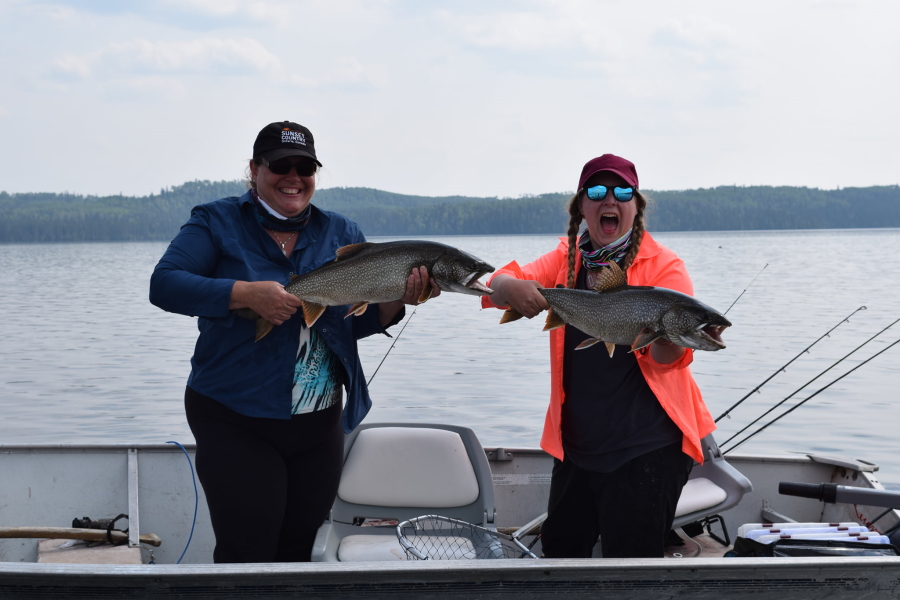Tourism-based businesses in northwestern Ontario are hoping that a change in Canada’s international border restrictions will help bring American tourists back to the region this summer.
The federal government announced on March 17 that effective April 1, fully vaccinated travellers will no longer need to provide a pre-entry COVID-19 test result to enter Canada by air, land or water.
“The removal of the testing requirement...that was certainly a large barrier in terms of perceived hassle, cost and timing. It was definitely a barrier, and that being removed is good news,” explained Gerry Cariou, the Executive Director with Ontario’s Sunset Country Travel Association.
Previously, vaccinated travellers had to take a pre-arrival rapid antigen test no more than one day before their scheduled flight or arrival, which had to be administered by a lab or a pharmacy. Before that, travellers had to show proof of a negative PCR test within 72 hours of their departure or arrival.
“Before the change, just last week, I had some guy saying ‘it’s easier to get into heaven than Canada right now’,” he joked.
Cariou and the non-profit travel association works with tourism-based businesses like lodges and resorts in the area, helping to promote and market them to American visitors. He adds that despite the change at the border, there are still a few issues that travellers will face this season.
“That barrier being lifted is going to help, somewhat,” explains Cariou. “But there are still some headwinds we’re facing at the border. The ArriveCAN app is still required to use. For an older demographic, using an app on a smartphone can be problematic.”
All travellers continue to be required to submit their mandatory information in the ArriveCAN app or website before their arrival in Canada. Travellers taking a cruise or a plane must submit their information within 72 hours before boarding.
Those who do not may have to quarantine for 14 days, regardless of their vaccination status. Previously, not completing the ArriveCAN app lead to you not being allowed entry into the country.
Cariou adds that pre-entry testing requirements are not changing for partially or unvaccinated travellers, meaning they would still need to provide either a negative rapid antigen test, a negative PCR test taken within 72 hours, or a previous positive PCR test taken between 10 and 180 days prior to their flight.
Overall, Cariou says it’s still projected to be a tough season for resorts in northwestern Ontario and across the country, as he fears that the last two years have ‘damaged’ Canada’s tourism brand.
“We’re going into our third season of this. The hole we’re in is very deep. We need optimal conditions to fully recover, but this is still good news. But the hole is deep. Fixed costs don’t go away. Insurance. Staffing. But we’re marching forward.”
Cariou adds that despite Ontario’s new ‘Staycation Tax Credit’ aimed to promote travel within the province, local resorts don’t see many Canadian guests on an annual basis.
“When you look at the lodge and resort industry in Sunset Country, 90 per cent or more of guests who stay here are U.S. citizens. So in 2020, there was a 100 per cent loss. The same situation, but a bit better on the domestic side, in 2021, up until August 9, when we opened up again. That helped somewhat, maybe a 10 to 15 per cent recovery of U.S. guests that were scheduled to come.”
Residents are asked not to travel if they have any symptoms of COVID-19, are in isolation, are waiting for the results of a COVID-19 test or have been in close contact with a suspected or confirmed case.
Ottawa says if you start to feel COVID-19 symptoms after travelling, self-isolate for 10 days and follow local public health advice regarding seeking care or medical treatment. They add that wait times can be expected at border crossings.
